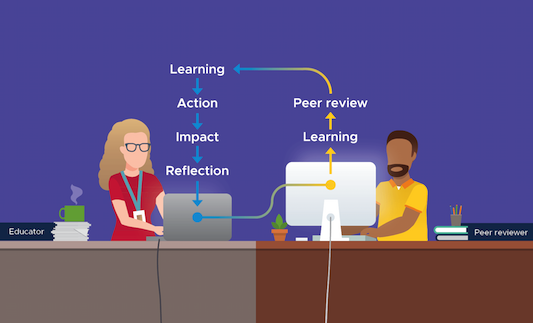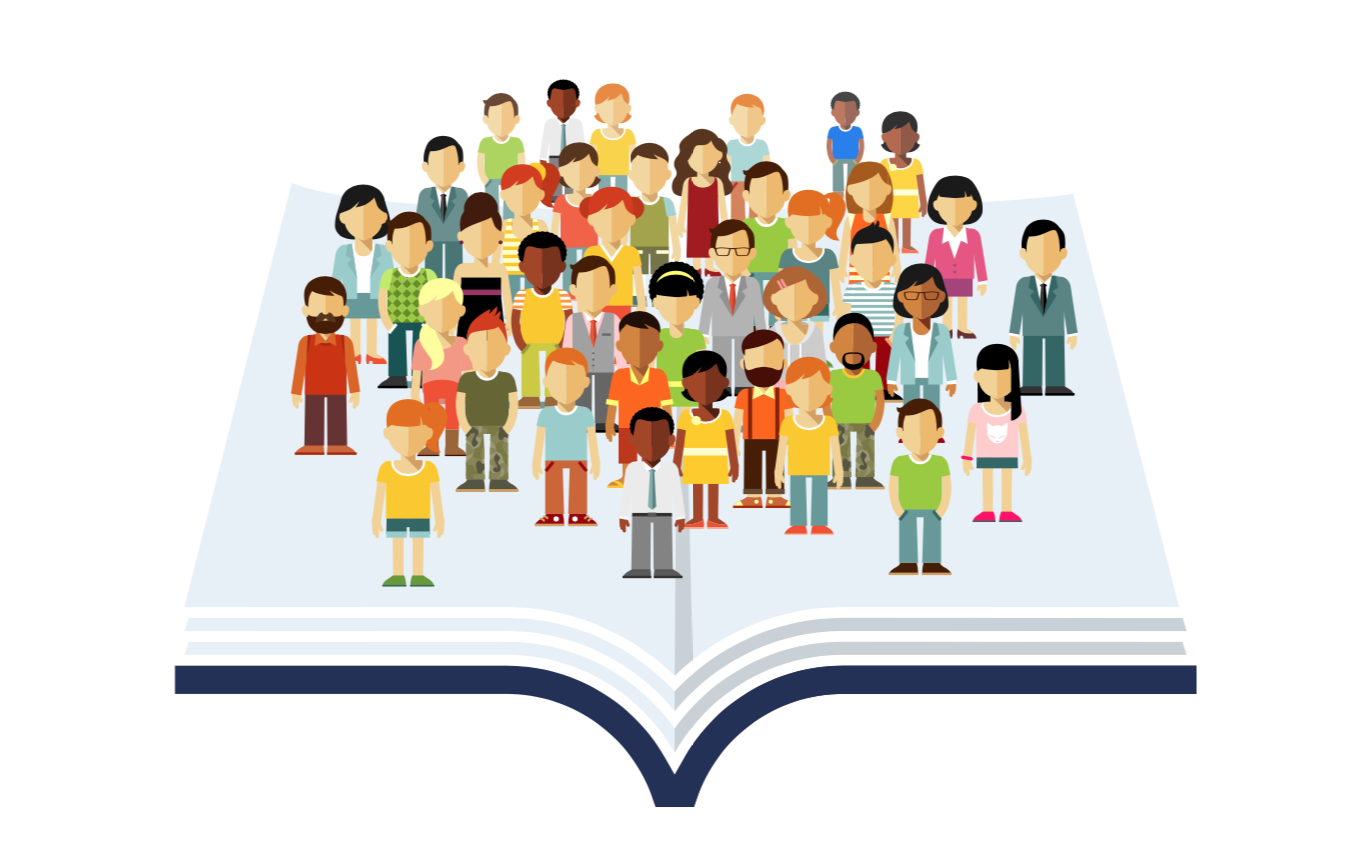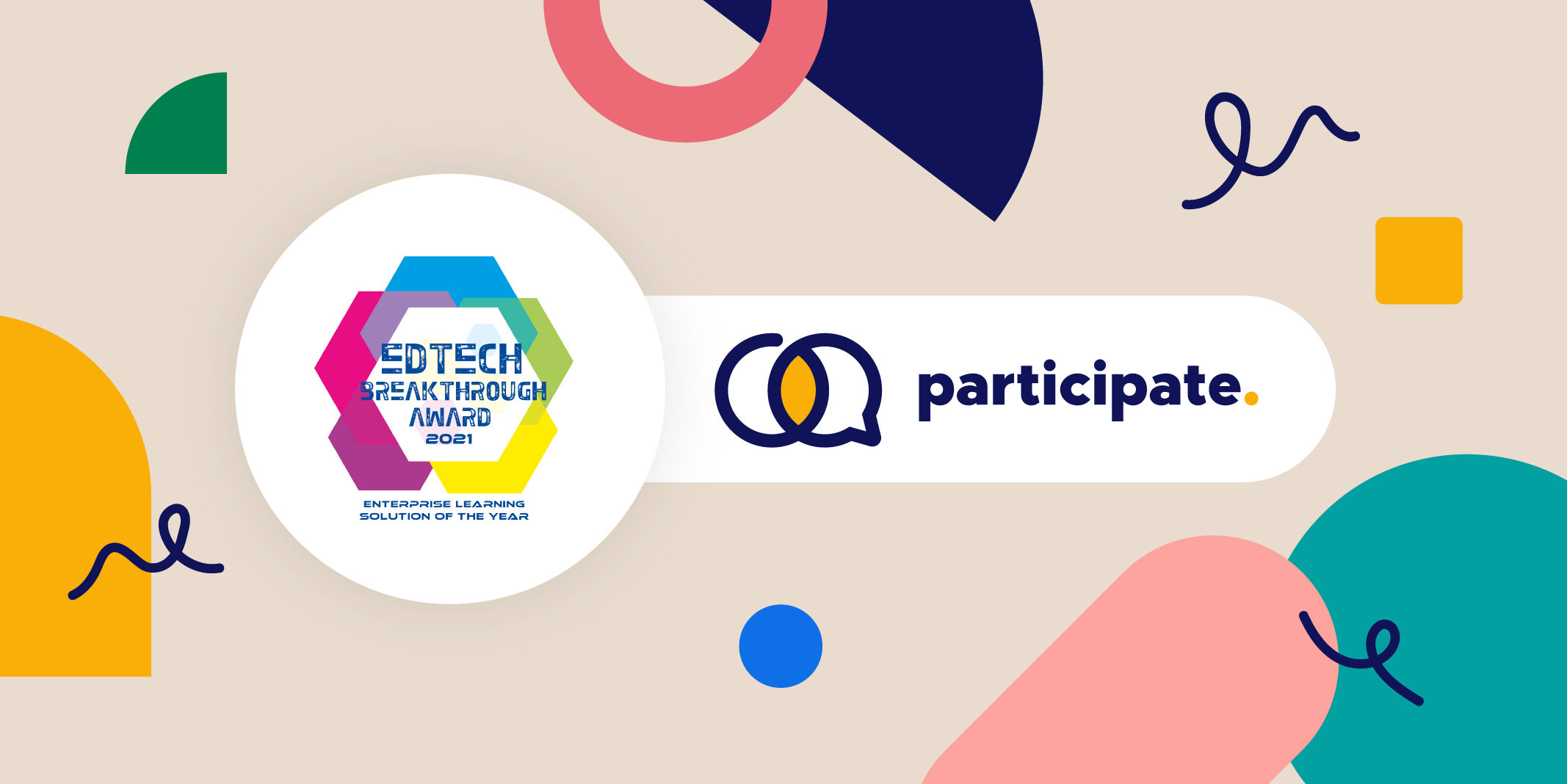The role of OERs in building inclusive, engaging and empowering learning environments
.png?width=1025&name=EP7_Participate%20Podcast_Blog%20(1).png)
In this episode of the Participate podcast, Mike Washburn and Dr. Julie Keane talk with Kristina Ishmael, an educator, learner, advocate and agent of change. Ishmael serves as the Director of Primary and Secondary Education at Open Education Global, where she leads the efforts to build global networks, infrastructure and practices to support Open Education Resource (OER) adoption and implementation at primary and secondary levels around the world. Click here to listen to the full podcast.
Ishmael opens the conversation by defining OERs as educational content tools that can be downloaded, customized and shared with others. Ishmael explains that OERs have licenses attached to them, giving educators permission to build more customized learning content. She advocates for OERs because they are free, easily available to anyone and can be used to build a more inclusive and representative curriculum.
The GoOpen Project
Keane dives more into Ishmael’s experience and involvement in the adoption of OERs in the education sector, more specifically, Ishamel’s experience with GoOpen. GoOpen is a project that supports districts in OER adoption. The project ranges from building individual learning objects to full reliance on OERs in specific grade levels and content areas.
Ishamel recalls when she initially joined the GoOpen team there were 40 districts looking to grow their curriculum through OERs. By the time she left there were more than 1,200 districts seeking to add OERs to their classrooms and statewide initiatives.
When asked about the role Communities of Practice (CoP) played in the development of OERs in the classroom, she says CoPs come to fruition as different states collaborate and ideate on how OERs can be implemented into educational curriculum.
Education policy and development of technology programs
The conversation transitions into Ishamel’s experience working in education policy, when she was the senior project manager of the Teaching, Learning & Tech team as part of the education policy program at New America, a think tank based in Washington, D.C. Ishmael says that the CEO of New America challenged the team to be more of an action tank than a traditional think tank.
While working at New America, Ishamel also worked on the local team, which highlighted local practices in Indianapolis, Chicago, New York, Phoenix and the Bay Area, to inform policy in Washington, D.C.
Access to educational resources during COVID-19
Keane and Washburn shift the conversation to focus on Ishamel’s outlook on how the educational access landscape has shifted during COVID-19. Ishmael says that certain districts have certainly taken the moment to make changes in regards to what learning should look like. She says districts and schools have pushed toward project-based and inquiry-based learning. Ishmael also notes that more schools are willing to share resources and collaborate than ever before.
OERs vs. Copyright
Washburn asks a question about copyrighted material and how educators can navigate that type of content as it pertains to remote teaching. In response, Ishamel shares a story of running a webinar series where she covered a teacher-focused question, “Can I do read-alouds online?” Ishamel recalls speaking with lawyers and explains that fair-use laws will most often favor education. She clarifies that fair-use laws do provide more liberties available to educators, but Ishmael still encourages other educators to use OERs instead of copyrighted content.
The role of OERs in engaging learning environments
As the conversation comes to a close, Keane and Washburn hear Ishmael’s perspective on OERs and how they can help to build more inclusive and engaging learning environments. Ishmael says that different districts are looking into OERs from various sources, where some districts are looking to incorporate more “open textbook” resources and others are creating OERs from scratch to provide different perspectives to become more inclusive and engaging.
Ishmael believes that inclusivity and engagement begin with the basics, and schools can start by adopting pronouns and student recognition where the educational content reflects the representation of students in the classroom. She also argues that rural and inner-city urban districts can benefit from OERs due to funding disparities -- these disadvantaged schools can leverage OERs in order to provide more equitable educational experiences for students. Ishmael ends the podcast with optimism that more schools and districts are adopting OER and building learning environments that serve the needs of students around the world.
To learn more about building learning environments that serve the needs of your organization, click below.



